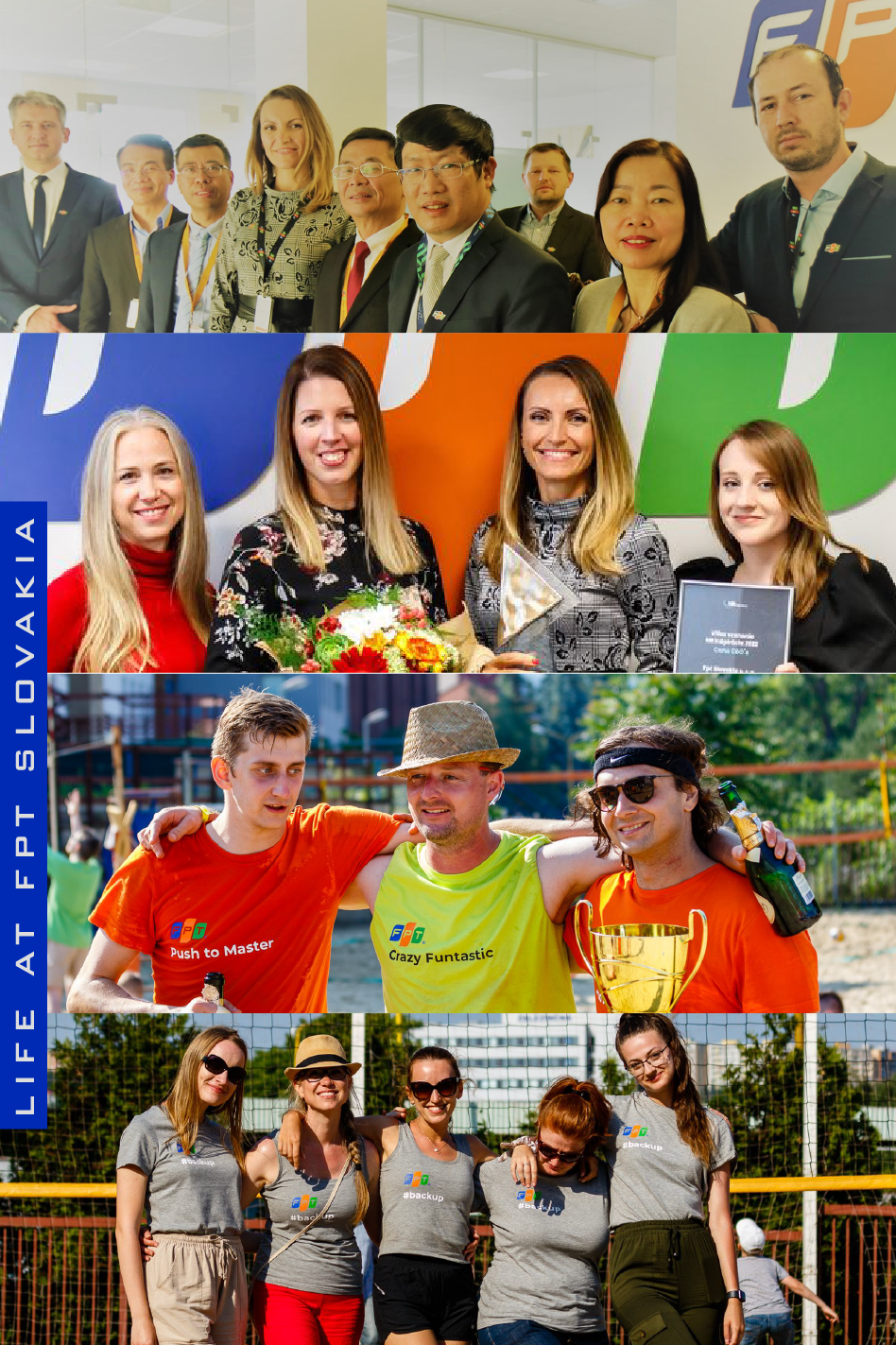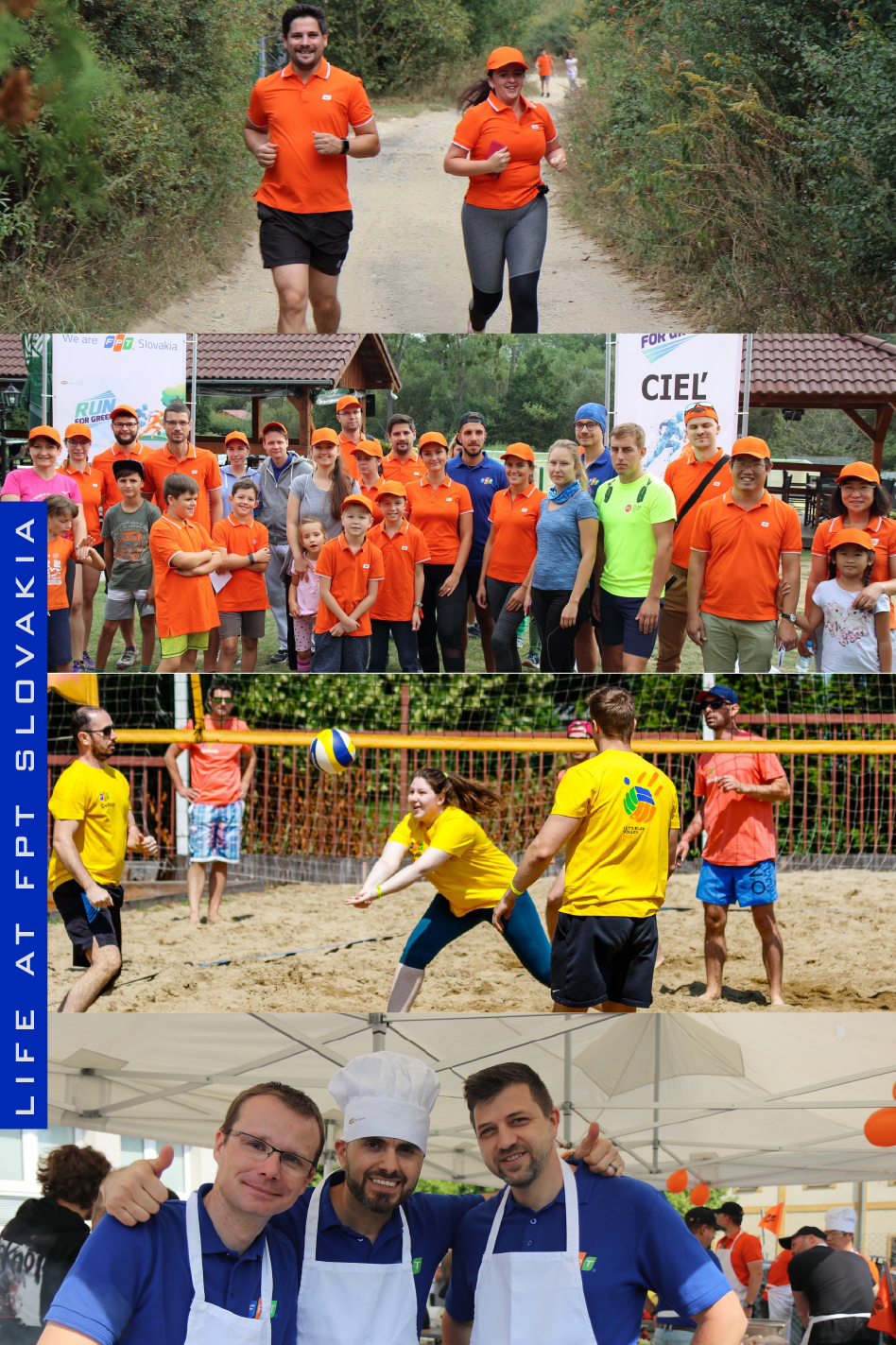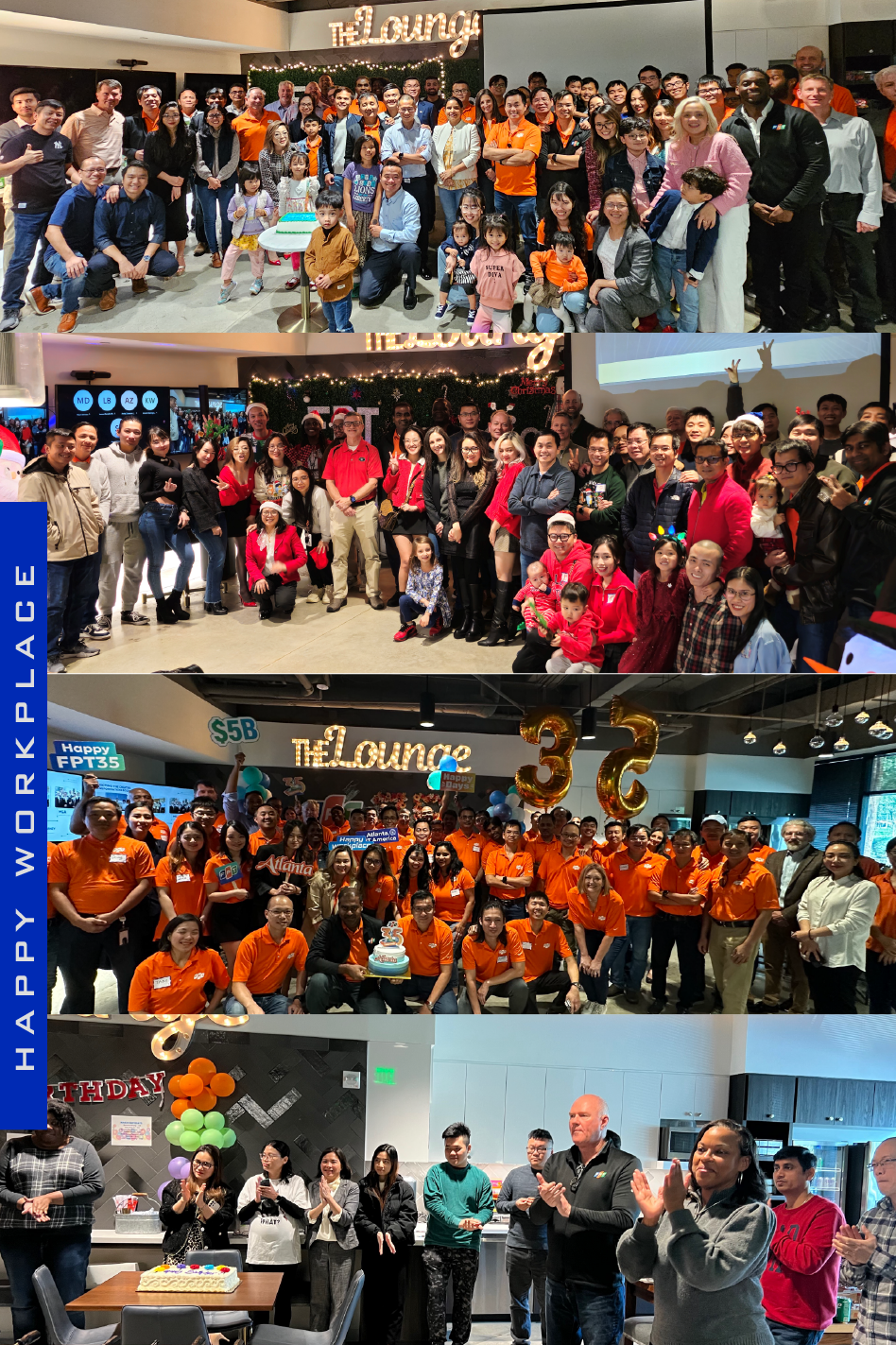In 2012, I vividly recalled the RWE IT Slovakia M&A deal. RWE IT Slovakia, based in Košice with around 400 engineers, incurred an annual cost of approximately 35 million euros for their parent company RWE in Germany, a leading European enterprise in the energy sector. In the context that Europe was gradually moving to a period of decentralization of the electricity industry to break the monopoly and separate stages from production, distribution to transmission of electricity, RWE Group had great pressure to minimize Optimize operating costs, including cutting IT Services budget while still ensuring system continuity. From here, an attractive opportunity had been created for FPT with the possibility of acquiring RWE Slovakia.
Until now, when talking about the deal with this European IT company, I still can’t help wondering why RWE trusted a partner from Vietnam to operate the SAP system, in the midst of such a difficult time. Many choices came from European companies or large Indian corporations.
Was it because of the reputation and extensive connections of Mr. Uwe Schlager (Germany) who was invited by FSOFT CEO at that time, Mr. Nguyen Thanh Lam, to take over the position of CEO of FPT Germany (the company later owned FPT Slovakia)?
Or was RWE convinced by the profit figure in this deal?
One of the most “stressful” moments could be mentioned at the meeting near the end before the two sides conducted in-depth appraisal and sent the Letter of Intent (LOI), when RWE forced FPT to come up with a convincing number.
Initially, RWE “requested”: “We brought you a business pipeline worth 80 million euros in 4 years and more than 300 Slovak engineers fluent in two languages: English – Virtue. So how much will you pay us?”.
In response, I frankly expressed my opinion that the project would bring benefits to both sides. Specifically, with current costs, the partner would have to spend 130 million euros within 4 years, while FSOFT packaged at a price range of 80-85 million euros, thus saving 30-40 million euros, which would be the profit that RWE could receive from the deal.
Finally, a 90 million euro contract lasting 4 years was successfully signed with only an extremely modest budget (less than 2 million euros). With sales just reaching the 100 million USD mark in 2013, this success created a moment of “sublimation” in FSOFT and the entire Vietnamese IT industry in terms of both joy and doubt. We were happy, yet there were controversial discussions in the industry that the deal was potentially risky because it was impossible to be that easy and quick.
Signing the contract, FSOFT took on additional tasks of researching SAP HANA, with the expectation of expanding FPT’s customer base in the European as well as global market.















